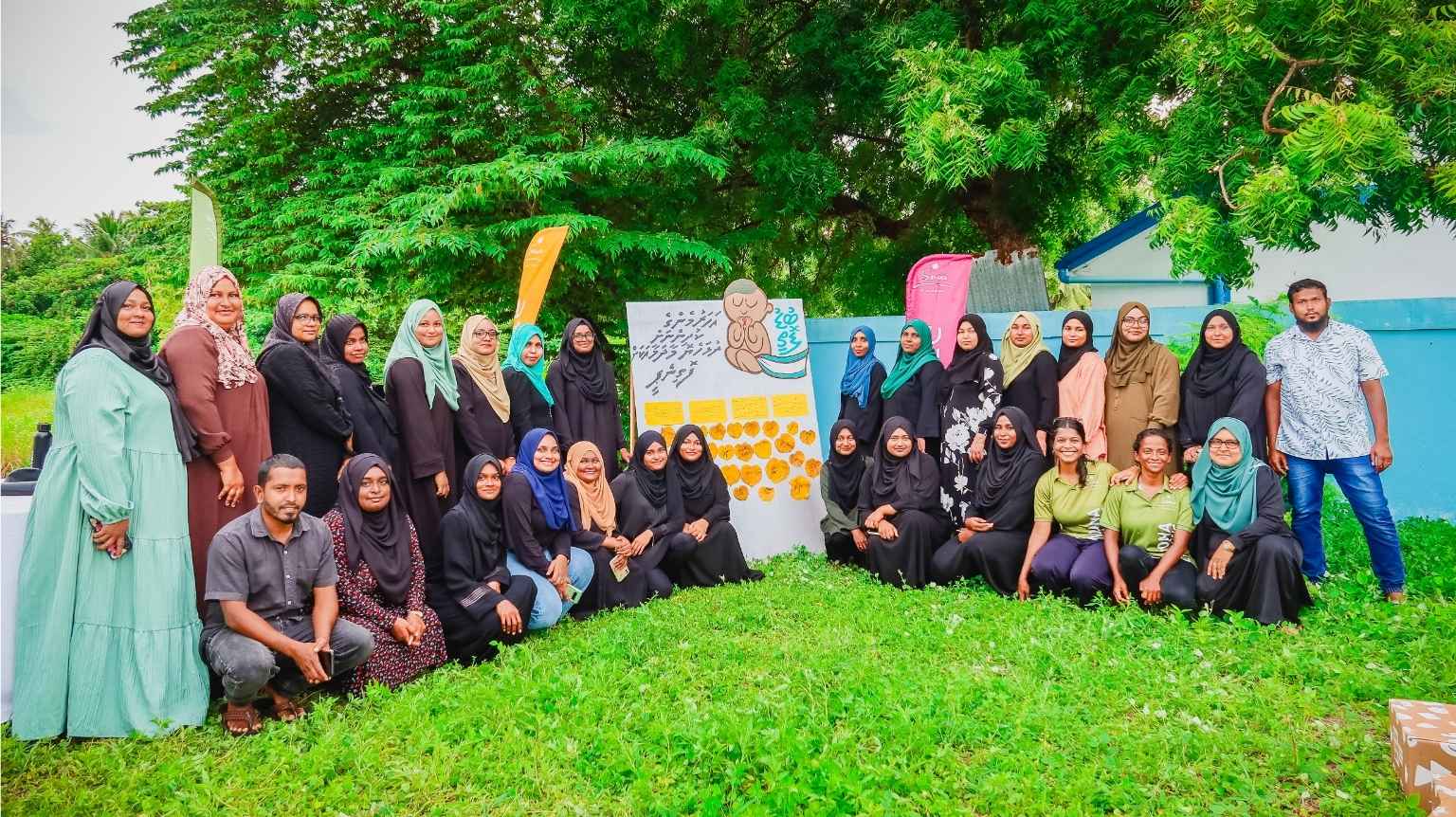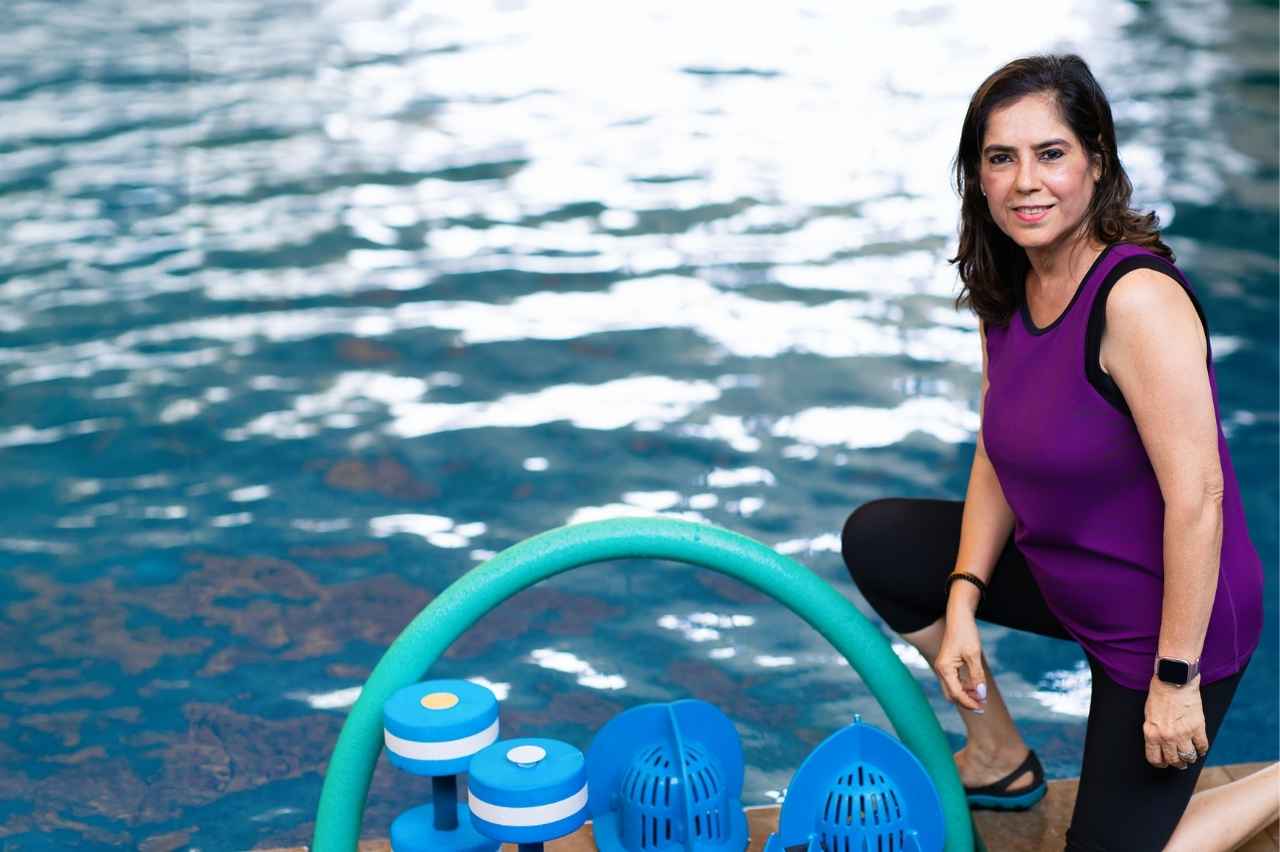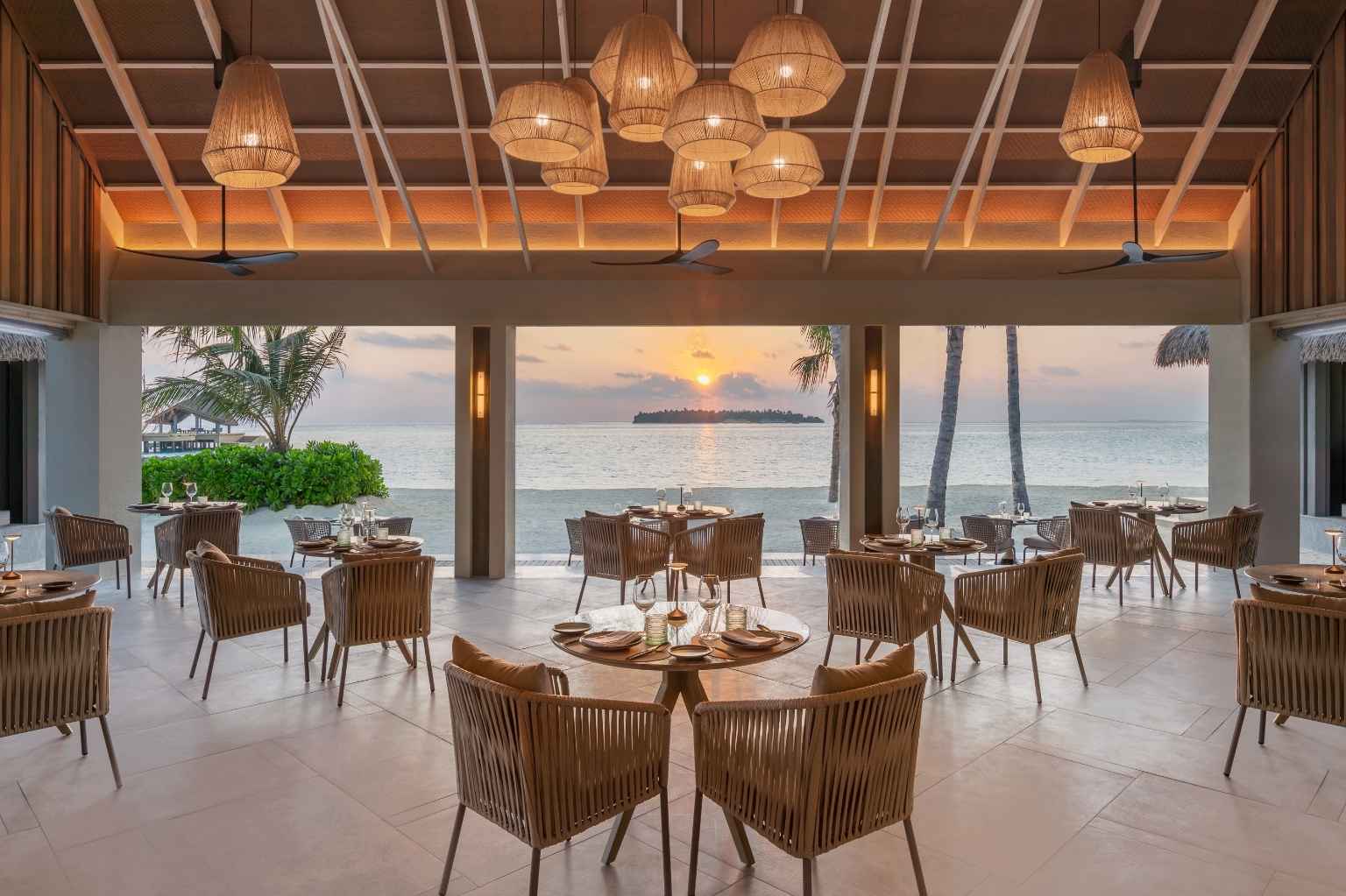On 31st January 2025, the island of N. Magoodhoo gathered to celebrate the successful completion of Budu Fothi, a pioneering initiative designed to reduce nappy waste and promote sustainable parenting. Together, Soneva Namoona, the Magoodhoo Council, the Magoodhoo Women’s Development Committee, and the Magoodhoo Health Centre led the program.
From August to December 2024, the project involved 33 children from 31 families in Magoodhoo. Each family received a cloth nappy kit, educational resources on how to use them, and access to a community support group. The program aimed to explore the economic, environmental, and social benefits of cloth nappies, while encouraging long-term behavior changes toward sustainability in the community.
One of the participating parents, Reena Mohamedfulhu, shared her experience:
“At first, I was hesitant about switching to cloth nappies—I worried whether they would be comfortable for my baby. But to my surprise, my baby didn’t seem to mind the difference at all. In fact, using cloth nappies helped speed up the potty training process, which was an unexpected benefit. And the savings have been significant—since making the switch, we’ve saved over MVR 1,000 every month. I’m really glad we joined this program, and I would definitely recommend cloth nappies to other parents.”
Key Outcomes of Budu Fothi
- 60% of participating children switched to cloth nappies, with many families choosing to combine them with disposables.
- Four families fully transitioned to using cloth nappies during the trial, including one family who had already adopted them before the program.
- Additionally, parents reported significant financial savings and noted that cloth nappies helped their children potty train faster.
- Over 80% of the parents said they would recommend cloth nappies to other families.
- The local shop Four S Traders now serves as an official distributor of cloth nappies, ensuring families in Magoodhoo can continue accessing these sustainable alternatives.
Maajidha Hassan, President of the Magoodhoo Women’s Development Committee, highlighted the program’s broader benefits:
“Budu Fothi has demonstrated that small changes can lead to significant benefits for families and the environment. By reducing waste and offering a healthier alternative, this program has empowered parents to make sustainable choices for their children’s future.”
Furthermore, the community marked the end of the initiative with a celebration, where families, local leaders, and stakeholders came together. The event included an official ceremony, educational stalls, sustainability-themed activities, and opportunities for families to share their experiences. These festivities highlighted the impact of the program and celebrated the families who embraced the change.
Khadeeja Hamid, Reduce Manager at Soneva Namoona, emphasized the importance of this initiative in creating lasting change:
“The success of this trial provides valuable data to inform future advocacy and policy efforts. Our hope is that this initiative serves as both a model and a catalyst for other communities, encouraging the wider adoption of reusable alternatives.”
Looking ahead, the insights from Budu Fothi will now guide further policy recommendations, community outreach, and educational campaigns promoting sustainable diapering options across the Maldives. Overall, this initiative serves as a model for a more sustainable future in parenting, benefiting both the environment and the well-being of families.








